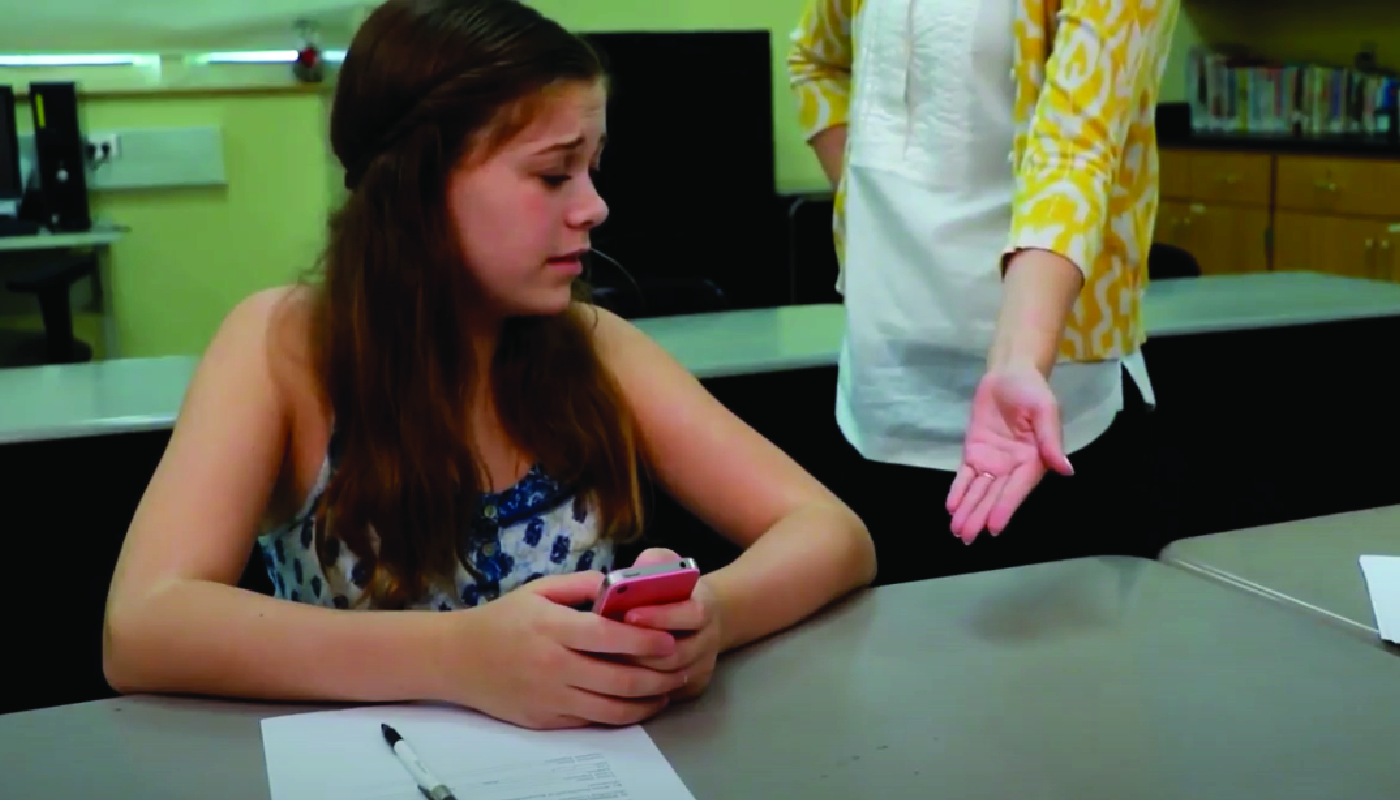
Introduction
Consequences are an integral part of life, and learning to understand and accept them is a crucial skill for young students. In this blog post, we will explore the concept of consequences, both positive and negative, and provide educators with an easy, no-prep activity to teach kindergarten students about accepting consequences. Additionally, we will discuss related skills and provide resources to further support students’ social-emotional learning.
No-Prep Activity
This no-prep activity, called “Consequence Charades,” can be easily implemented in the classroom without any additional materials or preparation. The goal of this activity is to help students understand and identify different consequences based on their actions.
- Begin by explaining the concept of consequences to the students, using age-appropriate language and examples. Be sure to emphasize that consequences can be both positive and negative.
- Ask students to think of examples of actions and their consequences. Provide a few examples to get them started, such as sharing a toy (positive consequence: making a friend) or pushing someone (negative consequence: hurting someone and getting in trouble).
- Choose a student to act out an action, while the rest of the class tries to guess the action and its consequence. Encourage students to consider both positive and negative consequences for each action.
- After the class guesses the action and consequence, discuss how the student could have accepted the consequence in a positive way, such as apologizing for a negative consequence or saying thank you for a positive one.
- Repeat the activity with different students and actions until everyone has had a turn.
Discussion Questions
After completing the activity, use these discussion questions to further explore the concept of consequences and accepting them:
- Why is it important to understand the consequences of our actions?
- How can accepting a negative consequence help us learn and grow?
- What are some strategies we can use to stay calm when faced with a negative consequence?
- How can we show empathy towards others who are experiencing negative consequences?
- Can you think of a time when you accepted a consequence, either positive or negative, and what you learned from it?
Related Skills
Understanding and accepting consequences is just one aspect of social-emotional learning. Other related skills that can help kindergarten students develop a strong foundation in this area include:
- Problem-solving: Learning to identify and address problems in a constructive manner.
- Emotion regulation: Developing the ability to manage and express emotions appropriately.
- Empathy: Understanding and sharing the feelings of others.
- Responsibility: Taking ownership of one’s actions and their consequences.
- Cooperation: Working together with others to achieve a common goal.
Next Steps
Now that you have a better understanding of consequences and how to teach students to accept them, consider incorporating these principles into your lesson plans. To access free samples of skill-building activities and resources related to understanding consequences, empathy, and more, visit Everyday Speech’s Sample Materials. By focusing on social-emotional learning, you can help your kindergarten students develop the skills they need to navigate the world around them and build strong relationships with others.

